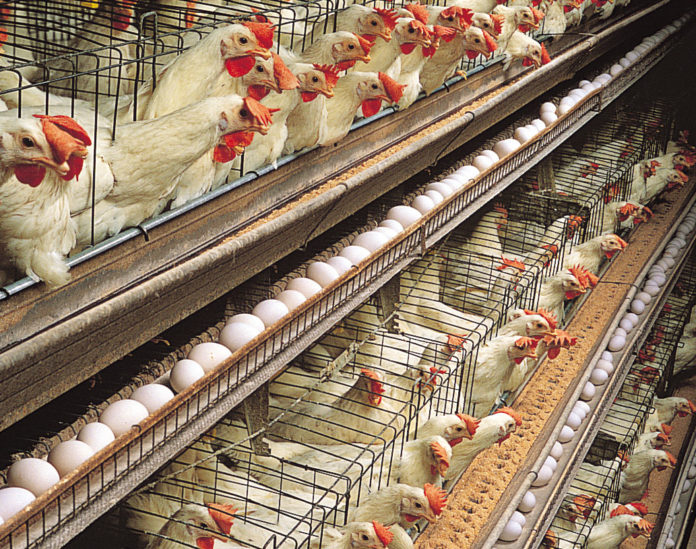THE closure of land borders in Nigeria has saved the local poultry industry more than N50 billion and the rice industry, experts have said.
Although the move appears to violate the Economic Community of West African States (ECOWAS) Trade Liberalisation treaty, a former Vice-Chancellor, the Federal University of Technology of Nigeria, Prof Biyi Daramola, said the impact of cheap farm produce import coming through the Benin Republic has reduced.
He said the closure would help to boost local production.
Specifically, Nigeria consumes two million tons of poultry yearly and 70 per cent of which is imported from abroad to augment local production.
Poultry meat represents more than 30 per cent of the total meat consumed within the country.
Daramola said the closure had helped to reduce the glut, which made it difficult for local producers of rice to sell.
He noted, however, that the closure had led to an astronomical rise in the price of rice with a 50/kg selling for N28,000.
While the government is making money with the resurgence of activities in the ports, the Don said the strategy was not sustainable as there was an increase in the pressure on the government to rescind the decision.
The closure, according to him, also affected the country’s small businesses selling products across the sub-region, which can no longer access such markets.
With the closure in place, he added that sub-regional trade is not receiving a major boost with the hindrance to easing movement of goods across borders.
But a Senior Lecturer, University of Ibadan, Dr Adesina Thomas said the move has boosted the income of local farmers.
According to him, the measure is helping to create an inclusive economy, which is critical for making progress towards creating employment and business opportunities.
But the big question is “can Ghana stand firmly on her toes and act like this to protect her local farmers?”.








